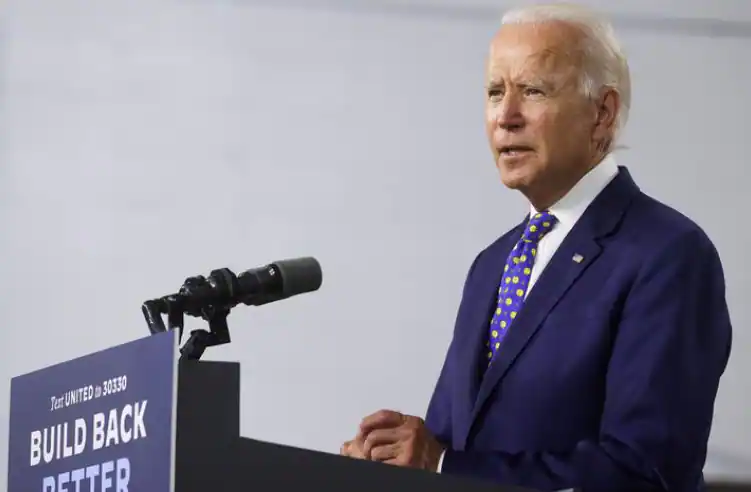 The first draft of the e-commerce policy was released in February 2019.
The first draft of the e-commerce policy was released in February 2019.Trade, import, and export for MSMEs: If India can target around 2.5 lakh MSMEs moving into Cross Border Trade (CBT) space in the next four years, it can successfully list at least 1 lakh MSMEs with 5 million products and can increase four times the existing CBT revenue in B2C category, the government said in its latest draft e-commerce policy. Issued by the Department for Promotion of Industry and Internal Trade (DPIIT), the draft, however, noted that domestic manufacturers, traders, sellers, MSMEs, and startups, which operate or intend to operate on a digital platform, continue to “struggle with compliances and costs which reduce their competitiveness and sustainability in international markets.” A copy of the draft was seen by Financial Express Online.
“Only a fraction of MSMEs is engaged in cross-border e-commerce. There are around 6.5 crore MSMEs in India out of which 36 per cent are in the manufacturing space, which is around 2.3 crore. So, the target of 2.5 lakh MSMEs set by the government is, in fact, very low as many MSMEs haven’t emerged to operate on e-commerce portals. If they are able to successfully operate online in cross border e-commerce space, then it will work wonders,” Govind Lele, General Secretary, Laghu Udyog Bharati told Financial Express Online.
India’s exports declined had declined by 0.25 per cent to $27.67 billion in February 2021 vis-à-vis $27.74 billion in the year-ago period, according to preliminary data from the Commerce Ministry. Overall exports during April-February 2020-21 were down 12.32 per cent to $255.92 billion from $291.87 billion during April-February 2019-20. MSMEs’ contribution to exports stood at 48 per cent for the previous year even as the government intended to increase it to 60 per cent in the future, MSME Minister Nitin Gadkari had said on several public events in the recent past.
Also read: Covid crisis: 88% PMEGP beneficiaries ‘negatively affected’ due to pandemic; this many shut operations
DPIIT said that export-oriented MSMEs would be provided with capacity building to help aggregate cross-border shipments and deliveries, specialise in regional shipments. Also translation skills, international tracking and solutions on overcoming international shipment challenges such as country-specific government regulations would be provided. Moreover, MSMEs would also be supported to identify means to overcome currency barriers and familiarize with local consumer behaviour. Further, steps would be taken to provide online lending, credit rating, finance, and transportation support to such enterprises through private and public banks.
The government also asked companies in the e-commerce sector, which is led by Flipkart and Amazon, to ensure equal treatment of all sellers and vendors registered on their platforms. It also asked them not to adopt algorithms which result in prioritizing select vendors and sellers. Inter alia, “e-commerce operators must ensure to bring out clear and transparent policies on discounts, including inter alia the basis of discount rates funded by platforms for different products/suppliers and implications of participation/non-participation in discount schemes, so as to ensure fair and equal treatment.” The first draft of the e-commerce policy was released in February 2019.
Get live Stock Prices from BSE, NSE, US Market and latest NAV, portfolio of Mutual Funds, Check out latest IPO News, Best Performing IPOs, calculate your tax by Income Tax Calculator, know market’s Top Gainers, Top Losers & Best Equity Funds. Like us on Facebook and follow us on Twitter.
![]() Financial Express is now on Telegram. Click here to join our channel and stay updated with the latest Biz news and updates.
Financial Express is now on Telegram. Click here to join our channel and stay updated with the latest Biz news and updates.













